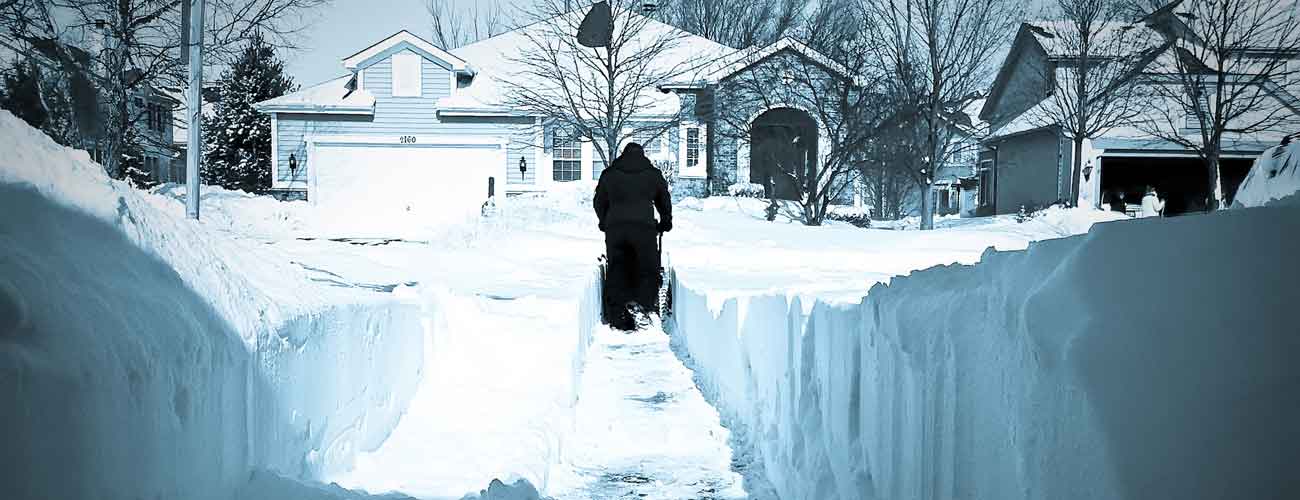Sign up for The Media Today, CJR’s daily newsletter.
A letter to a newspaper about a lowering of local speed limits said that “The ‘car-maggedon’ the DOT scared us with didn’t happen.”
In an article on fuel efficiency, Consumer Reports advised how to “identify cars most likely to survive until oil-maggedon or some other apocalyptic event causing the world as we know it to go catawampus.”
And a New York Times critic, discussing the state of rail tunnels under the Hudson River, noted that, after Hurricane Sandy, “Engineers realized both tunnels urgently needed repairs to avoid Railmageddon.”
All are riffs on “Armageddon,” of course, the biblical end of the world.
The most popular use of the “-aggedon” suffix is probably “Snowmaggedon,” sometimes not capitalized, sometimes hyphenated and sometimes using “sno” instead of “snow.”
“Snowmaggedon” first shows up in a late 2008 report about heavy snows, attributed to the Canadian weather service, Environment Canada.
But “Snowmageddon” was preceded by “snowpocalypse,” from “apocalypse,” which also refers to the biblical end of the world as we know it. “Snowpocalypse” seems to have been coined in 2006, and at one time, it outpaced “snowmaggedon” in all its forms on Twitter, at least. Since then, though, “snowmageddon” seems to have settled in as the cold war leader, perhaps because it’s easier to say.
Both are portmanteaus, combining parts of two words to make a new one, as we noted in December. The “-ageddon” suffix in general seems to appear more often than the “-pocalypse” suffix. The new words they form skew toward the humorous, or cynical, so writers should beware of using them if the events they describe are literally deadly.
But the most popular portmanteau for a news event, of course, uses the “-gate” suffix. We’ve had “Deflategate,” for the controversy over underinflated footballs; “Bridgegate,” for the traffic jams on the George Washington Bridge in New Jersey, and the one that probably sticks in most people’s minds, since it involved a head of state, “Rubygate.”
What? You don’t remember “Rubygate”? It was just in 2013 and involved former Prime Minister Silvio Berlusconi of Italy and an under-aged prostitute named Ruby.
That’s one reason not to attach “-gate,” or “-pocalypse,” or “-geddon” to just any old scandal/storm/event, but to something that has “legs,” as journalists say. Though “-gate” is most popular for political scandals (sometimes hyphenated and sometimes not), remember that the event that spawned it, Watergate, was 40 years ago, and many in the audience today will have little to no familiarity with it.
None of the above portmanteaus have made it into the major dictionaries yet, though the “-gate” suffix has. Webster’s New World College Dictionary, the one the Associated Press and many news organizations use, defines it as “a scandal characterized by charges of corruption or illegal acts carried out, usually in a covert manner, by people with power or influence [Koreagate].” Merriam-Webster says it is usually a “political scandal often involving the concealment of wrongdoing [Irangate].”
How many of you remember those two?
And how many noted that some of the Armageddon portmanteaus above misspell the suffix as “-ggedon” instead of “-geddon”? Many more spell the suffix correctly than incorrectly, though the misspelling shows up hundreds of times. It’s not the end of the world, just the end of the word.
Has America ever needed a media defender more than now? Help us by joining CJR today.



